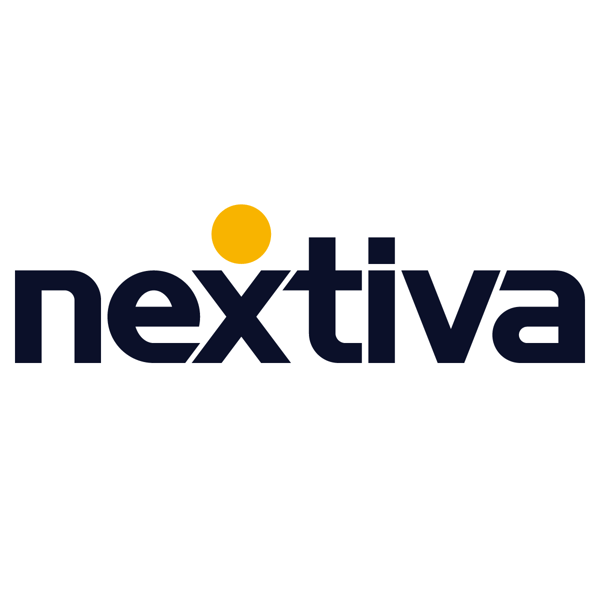Small business technology is a competitive narrative. From reaching new customers to streamlining operations, tech platforms are essential tools for growth and survival.
A 2022 U.S. Chamber of Commerce survey revealed that a whopping 9 in 10 small businesses use at least one tech platform. The COVID-19 pandemic further accelerated this trend.
Many businesses adapted by moving online and adopting remote work models. The survey found that 86% of small business owners credited technology with helping their businesses weather the storm.
Here’s a look at the most common types of tech platforms small businesses use, according to the U.S. Chamber of Commerce survey (surveying 1755 businesses with fewer than 250 employees, excluding agriculture):
Top Tech Trends for Small Businesses
1. Social media accounts (66% usage)
Social media reigns supreme as the most widely used tech platform by small businesses. It provides a direct communication channel with existing and potential customers.
Platforms like Facebook can be a hub for customer service, allowing businesses to respond to inquiries and complaints in real time. Instagram, with its focus on visual content, is ideal for businesses that sell physical products or have a strong visual brand identity.
For a younger demographic, TikTok’s short-form video format offers a unique opportunity to showcase products or services creatively and engagingly.
Twitter allows businesses to participate in conversations, share industry news, and connect with influencers. Understanding the unique strengths of each platform helps small businesses tailor their social media presence to resonate with their target audience.

2. Accounting software (56% usage)
Accounting software like QuickBooks and NetSuite simplifies crucial financial management tasks.
These tools automate processes like sending invoices, tracking income and expenses, managing payroll, and even processing e-commerce transactions. This eliminates the need for dedicated bookkeeping, IT, and tax staff, leading to significant cost savings for small businesses that often operate with limited budgets.
Additionally, accounting software allows for data integration with long-term planning tools. This empowers business owners to make data-driven decisions about production levels, staffing needs, and inventory management, optimizing their supply chains for efficiency and cost-effectiveness.
3. Marketing platforms (41% usage)
Digital marketing platforms like Google Ads and Facebook Boost let small businesses launch targeted marketing campaigns with laser focus.
These tools use demographic data, such as age, location, and interests, to tailor messaging to specific customer segments. Marketing efforts reach the most receptive audience, maximizing the return on investment (ROI).
Businesses can gain valuable insights into who responds to their ads, the demographics of their customer base, and the challenges their target audience faces. This data fuels future marketing strategies and directs resources toward the most receptive demographics.
Compared to traditional advertising methods like billboards, many digital marketing tools offer a cost-effective solution, allowing small businesses to compete with larger companies that may have bigger marketing budgets.
4. Point-of-sale tools & productivity tools (36% usage each)
Point-of-sale (POS) tools like Square, Clover, and Toast shape how small businesses process sales.
They enable smaller businesses to accept credit card payments using smartphones or tablets, offering greater flexibility than traditional cash registers tethered to a physical location. This mobility is particularly valuable for businesses that operate at pop-up events, farmers markets, or offer delivery services.
POS tools also facilitate features like inventory tracking, daily sales reports, and customer loyalty programs. These features were particularly beneficial during the pandemic, allowing restaurants to offer contactless ordering and payment options, minimizing physical interaction between staff and customers.
Productivity tools like Google Workspace and Nextiva are necessary for businesses with remote or hybrid workforces. These tools bridge the physical gap by streamlining business communication and employee collaboration.

Features like instant messaging allow for quick questions and updates, collaborative document editing ensures everyone is working on the latest version of a project, project management systems keep tasks organized and deadlines on track, and meeting scheduling eliminates the need for lengthy email chains to find a time that works for everyone.
Additionally, some productivity tools offer time tracking and employee output monitoring functionalities, allowing business owners to gain insights into team workflows and identify areas for improvement.
Thriving in the Digital Age: Why Tech Is Essential for Small Businesses
The digital revolution has transformed the small business landscape. Technology platforms are no longer optional add-ons but essential tools for survival and success.
From social media management to accounting automation, businesses that use these platforms gain a competitive edge. The ability to reach new customers, streamline workflows, and make data-driven decisions enables small businesses to compete effectively and thrive in the ever-evolving marketplace.
As technology evolves, staying informed about the latest trends and embracing innovation will be paramount for small businesses to maintain a competitive advantage and achieve long-term success.

See why 100K+ brands use Nextiva.
Get your business phone, messages, video meetings, contact management and notes – integrated in ONE powerful app.

















 Business Communication
Business Communication 







